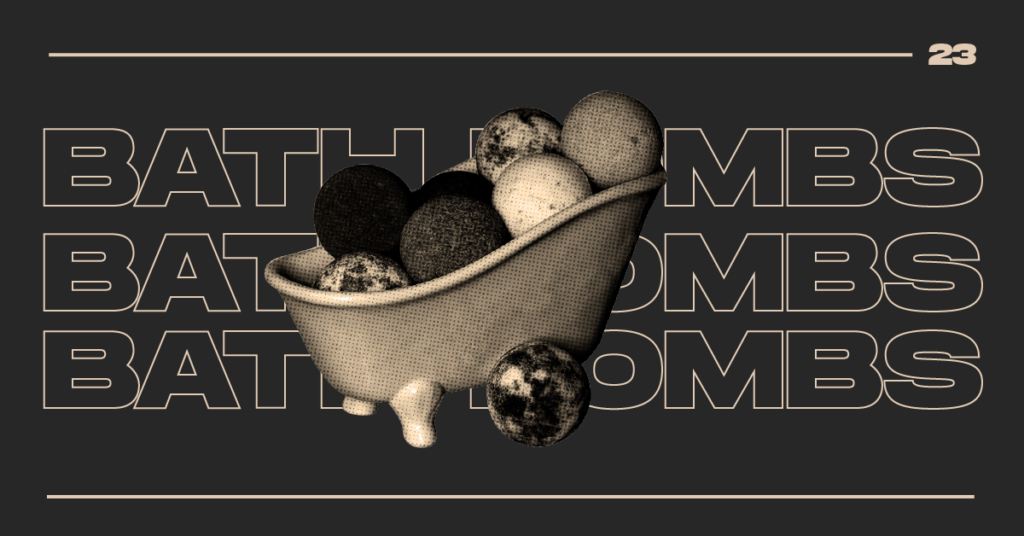There is a clear connection to tequila given that it is from agave and is from Mexico. Peated Scotch drinkers will also be somewhat accustomed to the distinctive smoky, earthy flavors of mezcal. It also introduces the concept of terroir and even puts one foot in the brandy category because it uses a variety of agave varietals cultivated in different Mexican states in addition to the Blue Weber from Jalisco used in tequila.
As tequila’s smokey little cousin, mezcal is frequently also in that liquor. But it’s time you gave it its own category and thought about it separately. One of the oldest customs in Mexico is the drinking of alcohol, and over the past ten years, it has become more and more popular in the US. The time has come for mezcal to receive the respect it merited. Whether you sip it straight or add it to a cocktail, the robust, fruity-meets-smoky flavor is meant to be relished.
Table of Contents
ToggleAlipús San Luis Del Río

In Oaxaca’s isolated rural settlements, or pueblos, many of which are only reachable by dirt road, Alip’s has developed partnerships with only small-scale artisanal agave producers for more than 20 years. A single community serves as the source and inspiration for each of the brand’s mezcals. 4,000 feet above sea level, in rocky, sandy terrain, the espadín is in this expression from the town of San Luis Del Rio. Tropical smells of coconut and candied lemon come through as this terroir, softly unfolds into more lemony and piney notes. Many other mezcals can only lust after the beautiful balance that this mezcal achieves by combining mild smoke with a nice flavor and salinity.
El Jolgorio Madrecuixe

Learn more about mezcal’s wilder side if you have the funds to do so. El Jolgorio, which translates to “the revelry” in Spanish, is a brand of mezcals that is only from wild and semi-wild agave plants of different types. No two bottlings are the same, reflecting the agave’s incredibly diverse character. The 2014 crop of madrecuixe, a karwinskii agave variety, from the community of Ro Seco is in this expression. With hints of melon and cherry, the extraordinarily complex mezcal, which is only available in small quantities for about $150, balances out earthy flavors and a high minerality.
Madre

José García Morales and his family, who are master mezcalers, make Madre at the property bearing their name in Oaxaca. Espadín and cuixe agaves are used to make the alcohol, which is based on a traditional Zapotec recipe. They are fermented with local yeast and then distilled in an antique copper pot still. Cuixe, a plant from the wild karwinskii family. The mezcal is to give the finished product a strong savory kick, minerality, and spice. It is an affordable bottle that boasts roasted agave and honey flavors with sweet, flowery scents that transition into savory, almost salty undertones. It makes a terrific mezcal margarita and is also excellent for drinking neat.
Pierde Almas

Another well-known mezcal brand from Mexico is Pierde Almas. Whose products are from the renowned Espadín agave type, which is prized for its roasting process. You can find mezcal to suit any taste. From the slightly sweet DoBaDaan to the more experimental Mezcal de Conejo or Mezcal de Venado. Thanks to Pierde Almas’ position as one of the more recognizable and well-established mezcal brands on our guide.
Sombra Reposé

This brand-new mezcal, which was newly released this year, begins with Sombra’s fresh Joven mezcal and is rested for six months in ex-Bordeaux wine barrels to create a unique form of reposado. The Limousin wood barrels, come from the venerable Château Léoville Poyferré. A second-generation wine estate n Saint-Julien, France, provide fresh and fruity notes to the mezcal, with aromas of blackberry and orange. With solar panels at its palenque and fair-trade agave procurement. Sombra stands out as one of the most visibly sustainable companies. The palenque also recycles used agave fibers into bricks for the community.
The Producer Tepeztate

There are numerous agave plants outside of Espadín, and each one produces a different kind of distillation. However, due to their scarcity and lengthy production times, many of these beers are already becoming extinct as the market becomes more modern. For instance, the production of tepeztate, which is from the agave marmorata plant and matures in 15–25 years. Currently depends on sustainability initiatives. The Producer comes on.
The Producer releases a basic bottle that is to convey customers to small Oaxacan towns. Where labels can be from a piece of masking tape as a tribute to individuals who value quality and precision in their consumables. A native coastal Oaxacan agave that Maestro Celestino Sernas ferments for 13 days in copper pot stills is in The Producer’s Tepeztate mezcal in order to appeal to this daring nature. As a result of the liquid’s ability to breathe in sea air during this open-air fermentation. Tepeztate’s deep, enigmatic smoke is enhanced by a delicate salinity and dryness that reveals the terroir of the wine.
Bozal Chocolate Coyote

Bozal Mezcal, which uses coyote, gets its unusual agave from Villa Sola de Vega in Oaxaca. The varieties that are gathered in this area result in mezcal that has characteristics that are intensely unusual, earthy, and savory.
Bozal is a 100% artisanal tequila created in the Mexican states of Oaxaca and Guerrero. Where indigenous wild agave varietals thrive on steep hillsides as an alternative to commercially produced mezcals. Bozal brews a superb rendition of the unique essence of a coyote. Which is typically characterized by herbaceous and earthy aromatics with a spicy aftertaste. Mid-palate aromas of minerality and rich dark chocolate also come with an earthy and faintly smokey entrance. Chocolate Coyote is a mezcal that is designed to be sipped slowly while appreciating its nuanced flavor. It has a dry and well-balanced aftertaste.
Ojo de Tigre

This bright, fresh mezcal, is a hybrid of Oaxaca espadín and wild Pueblan tobalá. Gives the greatest qualities of that distinctive smoke without covering over the intended bright, fresh agave aromas. The Tlacolula De Matamoros-produced mezcal strikes a mix between savory mesquite accents and fruitier flavors like green apple and citrus. This makes it a good match for meats that have been on a grill over wood and strong cheeses. When the mezcal is all good, the practical flip-cap bottle is. Which was after the traditional amphora silhouette, and can be of use again.














